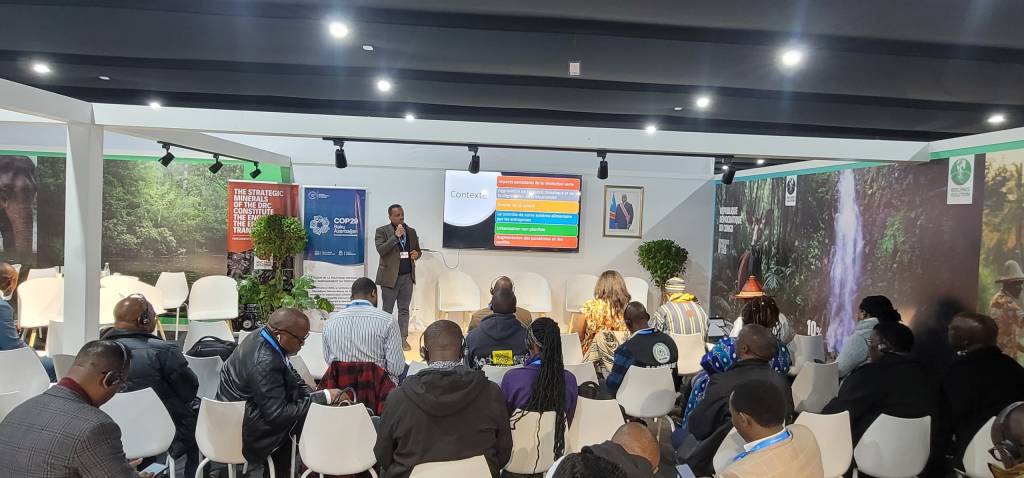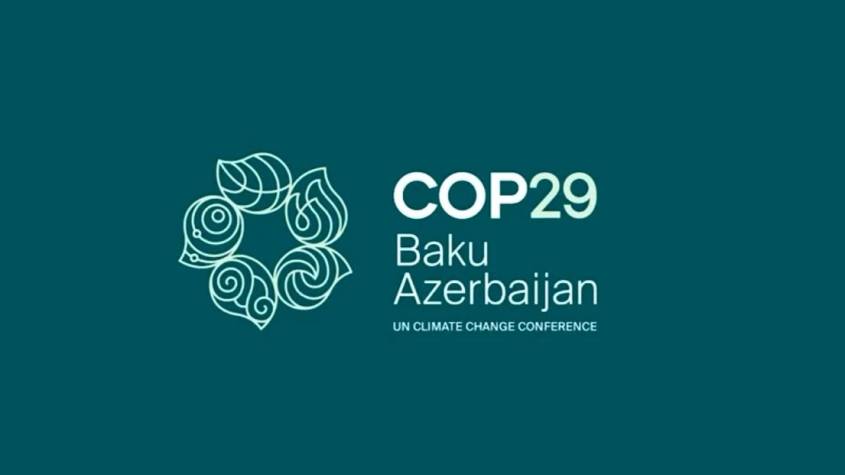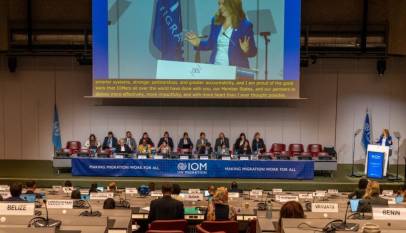COP29: African CSOs Advance Mainstreaming Agroecology in Climate Agenda
African civil society organisations had during the agriculture day at the just concluded 29th Conference of Parties (CoP29) held November 11 to 22 in Baku, Azerbaijan, advocated for mainstreaming agroecology in the climate agenda.

Speaking during a side-event under the theme: ‘Agroecology for Climate Action,’ Alliance for Food Sovereignty in Africa (AFSA) General Coordinator Million Belay, described agroecology as more than a farming practice rather as crucial to ecological sustainability, social justice and climate justice.
According to the Consortium of International Agriculture Research Centers (CGIAR), agroecology is a participatory and action-oriented approach aimed at enhancing food system resilience, equity and sustainability.
Mr Belay said agroecology offers a transformative opportunity to reshape food systems, protect biodiversity and secure resilient livelihoods for African communities.
“Most African countries are agro-based economies that are vulnerable to the effects of climate change. We have to rethink our practices and embrace agroecology for enhanced productivity to feed our people and grow the economies. Agroecology restores forest cover, thereby, strengthening our resilience to the impacts of climate crisis.”
On the premise of CoP29’s focus on climate financing, Belay called for grants-based financing from developed countries to support agroecological practices and food systems transformation in Africa.
Malawi’s Civil Society Network on Climate Change Coordinator Julius N’goma, said considering agroecology’s ability to sustain a climate-resilient food system it should be incorporated into African countries’ agricultural policies and climate adaptation strategies.
“It is not promoted in the countries’ Nationally Determined Contributions (NDCs) and National Adaptation Plans (NAPs), including Malawi, meant to enhance resilience to effects of climate change. Agroecology has enormous benefits including reducing the cost of crop production and providing bumper yields for our nutrition and food security,” he said.
Edward Msiska, Director of Youth Action for Success and Development (YASD), a Malawian youth-led nonprofit, said agroecology offers a great opportunity for youth to venture into farming as a business due to its low-cost and high yield nature. “Agroecology allows us to be innovative. Agroecology practices are key to restoring soil fertility, texture and moisture retention for the flourishing of crops.”














